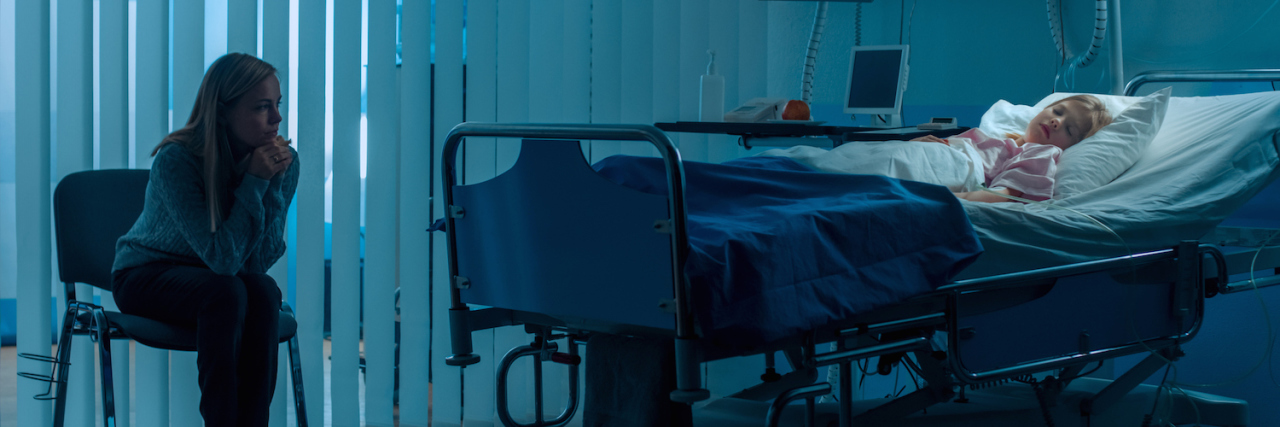Yesterday, I took off work and drove my daughter six hours each way to a specialist for a treatment we can’t get at our local children’s hospital. We do this every month right now, because it’s the most hope we’ve had in a while.
About once a week, I stay up with her all night long as she deals with seizures and the auras that precede them. Then I cram as much caffeine into my system as I can handle and go to work.
Other relevant stories:
• Epilepsy Life Expectancy
• How Many Hours Should a Person with Epilepsy Sleep
• Can People with Epilepsy Drive
We live in this constant tug of war between crisis and “normal” life. I balance appointments with seven different specialists and basketball practices. I give emergency medications in the middle of the grocery store and occasionally watch my child turn blue while staying calm enough to not freak out her brothers.
Sometimes people look at snippets of my life and say things like, “I don’t know how you do it” or “I could never handle it.” These statements come up often in conversations with parents of a child with a health condition, and our responses range from confused to frustrated. It’s not like we have a real choice to not do it, or we can simply refuse to handle it.
If your child is turning blue and you need to shoot medication up her nose to keep her alive, you just do. If you’ve gone through every option with no relief and you have the resources to travel out of state for a new drug trial, you do. It’s not really a choice. It’s a responsibility that parents, with few exceptions, take on when it is necessary for our kids.
The things we face as parents of a child with a health condition are necessary, and daunting. Research keeps coming out about the toll this life has on our minds and bodies. Our own immune systems take a hit. Our minds and bodies get depleted. We are at an increased risk for dementia and many stress-related diseases. Our marriages, careers and friendships all take a beating. Parents of a child with a condition are more likely to struggle with depression, anxiety and PTSD.
Yes, we do the impossible — but it’s exhausting.
I wonder what would happen if instead of asking how we do it, people started asking what us parents of kids with conditions need. Obviously, there is financial strain for many families, but it goes beyond that. Maybe if they saw a mama who has just spent a week in the hospital with her child and asked that, they would realize how desperately she needs time alone to shower or nap. If they asked about the challenge of a parent who had to leave their job to care for a child 24/7, they might see how lonely they are and make time to visit. I’ve heard from countless parents who say they just wish their family and friends would recognize the toll it’s taking on them.
The real problem with the original statements from others isn’t that they aren’t PC. It’s that they are isolating. They don’t know how I do it because they’ve never had to, but if their child had my daughter’s genetic disorder, they’d be searching for a cure just like me.
They say they could never do it, but that’s not true. If their kid needed it, they would be pulling all nighters too. Many parents of kids with health issues end up feeling separate from their peers, when the reality is we’re doing for our kids what almost any parent would. We aren’t superhuman or saints. We’re just humans on different parenting journeys.
Getty image by gorodenkoff

